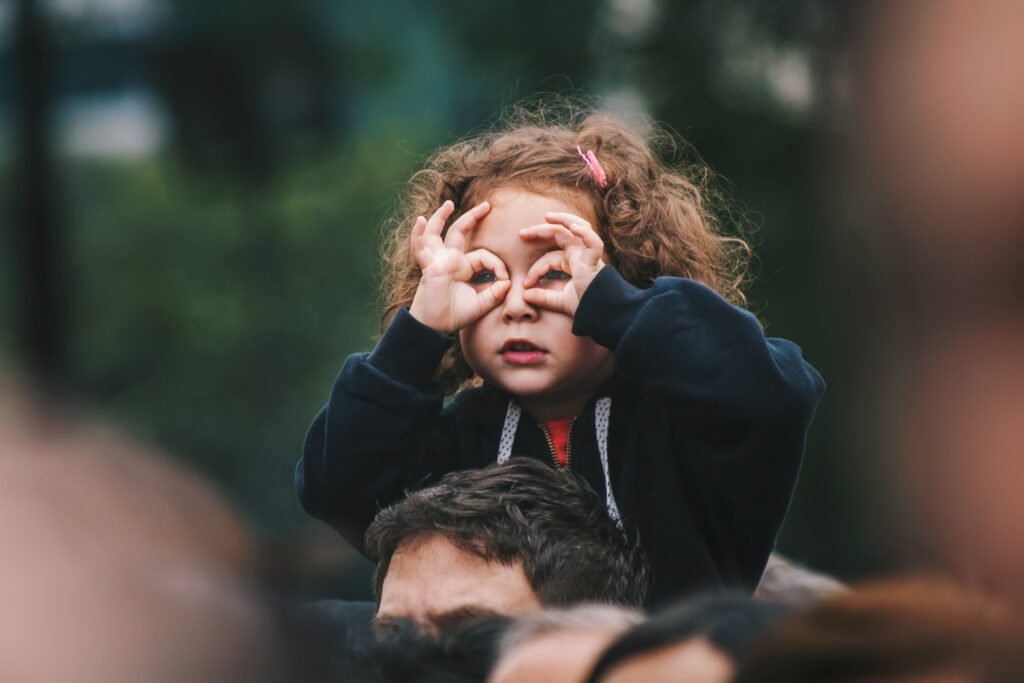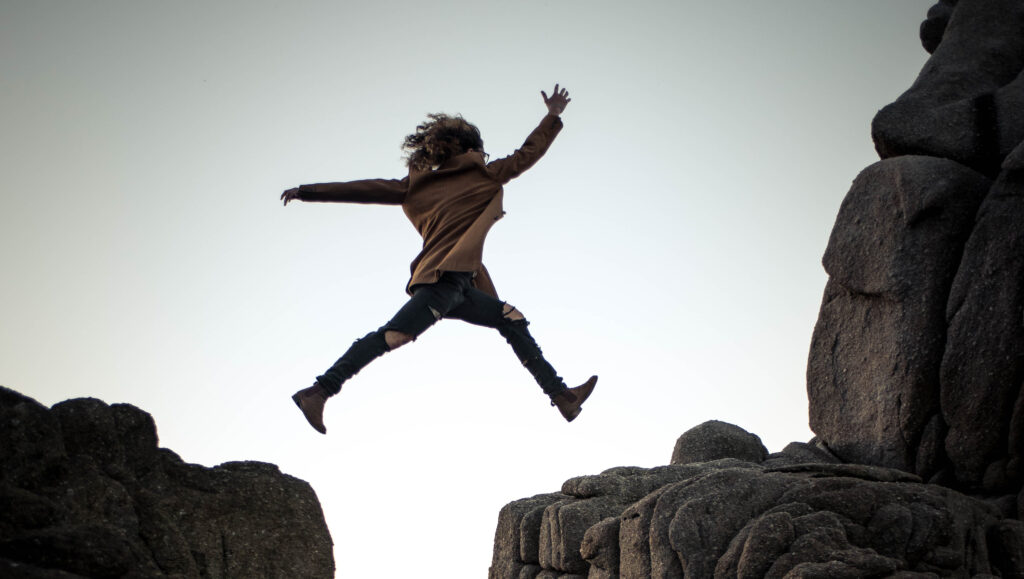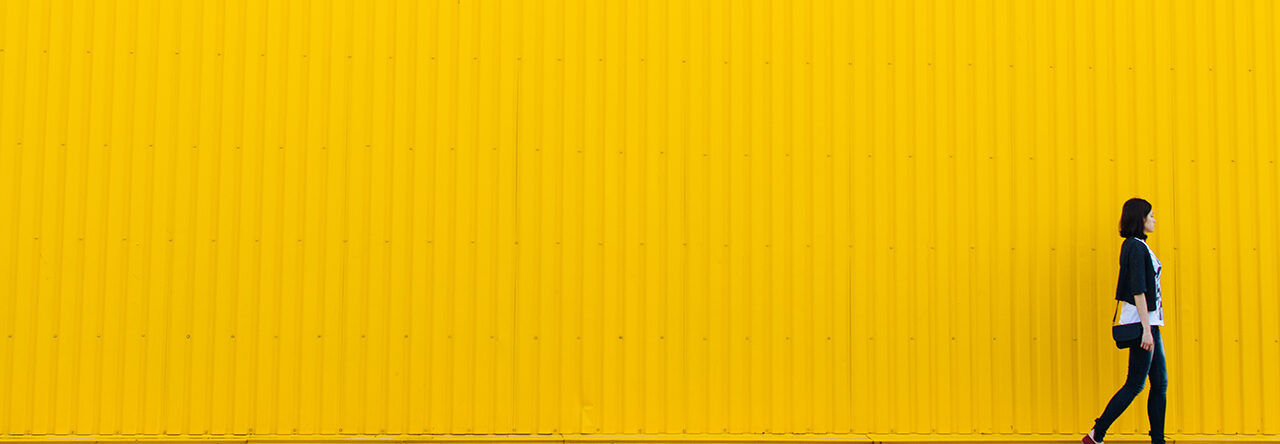Reading time: 13 mins
When covid first put the world on hold in 2020, I experienced something strange: The daily noise and buzz in my head started to dim and I found myself suddenly with time on my hand.
I had time to think, reflect and ponder. I had to reprioritize what’s important and what’s not. When you suddenly find yourself coworking in home office with all the family you learn to schedule and to compartmentalize your tasks. I had to think anew, and looking back, I’m grateful..
We often judge the value of something by the amount of time and energy we’ve put into it, says Author Tim Ferris (The 4 Hour Work Week). We confuse activism with productivity, we confuse rest with laziness, and we lose sight of our most valuable resource: our physical and mental wellbeing.
We have been conditioned to think that high ambition must go with thrusting hyperactivity, long hours, ruthlessness, the sacrifice of self and others to the cause, and extreme busyness. In short, the rat race. But we pay dearly for this association of ideas. The combination is neither desirable nor necessary.
Richard Koch, The 80/20 Principle
Not too long ago, burn outs and exhaustion related health issues were looked upon like a badge of honor. As if we were all super-athletes who heroically collapse after crossing the finishing line. What we terribly lacked was downtime.
Table of Contents
Downtime is essential for creativity
Downtimes and periods of quietness are immensely important. As Tim Ferriss explains you can’t survive, leave alone prosper, if you don’t alternate periods of pressure with periods of rest.
Just like muscles, ideas grow in-between the (creative) shin splints. Creativity and innovation potential are considered to be some of the most valuable resources of the future. We need to foster a climate where these resources can develop. Ideas, insights, and new solutions don’t come on demand. These things develop in time when we feel good and relaxed. To be creative and capable there is one crucial thing, as author Julia Cameron (The Artist’s Way) puts it: We must have downtime, time to do nothing.
And although we are constantly told differently: There is enough time! We just need to learn, to appreciate it again.

Driven by Parkinson’s law
What if Isaac Newton had never taken time off under that apple tree back in the 1660s? What if he had sacrificed that time to busyness because he was worried of losing credibility and reputation as a scientist if he wasn’t frenetically experimenting in the laboratory?
The apple wouldn’t have had a chance to hit him, and Newton wouldn’t have had the time to ponder this. The world would have been deprived of one of physics greatest insights.
If you have ever experienced health trouble – due to illness, accident, or other complications – you might know this: Careful handling of your mental and physical energy level is crucial to get back on to your feed and to your work. Suddenly it’s not about doing many things anymore, but about doing the things that matter. It’s about appreciating time given and about setting priorities.
Nothing is gained by wasting our time and energy like confetti. By doing that, we only verify Parkinson’s law which says that work and business can expand like a rubber band to fill the time available for its completion.
Time to look at the world anew
Covid has come as a shock to the world and has put many people in terrible pain. There is nothing inspiring in existential fear, in worrying about the life of your loved ones or about how to pay the bills after you have lost your job due to the pandemic.
But the lockdowns and distancing also brought up the chance to reconsider the value of time and periods of quietness.
With no late-night business meetings and long hours anymore, I suddenly found myself with time to read again. I particularly enjoyed Hans Roslings Factfulness. It gives an interesting insight in what direction the world is heading – and how twisted up our perception often is.
The german radio station Deutschlandfunk ran a test on this by asking a simple question: How has the number of people in extreme poverty changed over the last twenty years?
- a) it doubled
- b) it stayed constant
- c) it more than halved?
The answer is c), but most of us don’t know.

You might not be keen on books, facts, or statistics about global develpoment. But there is something interesting to the approach of Rosling who has been an adviser to the WHO and UNICEF.
He doesn’t divide the world into the contrasting twos of rich/poor, developed/undeveloped. Instead, he structures it in what he calls the “Four Income Levels”. The website Gapminder shows what they look like:
- Income Level 1 (roughly 1 billion people)
People who live on less than $2 a day. They live in extreme poverty. They are struggling to meet essential needs like food, water or shelter. Lesotho and Afghanistan are on this level. Rosling’s native country Sweden was there at around 1800.
- Income Level 2 (roughly 3 billion people)
People who earn between $2 and $8 a day. Their live is still a struggle, but they can meet their basic daily needs. They don’t have to give all their time and energy to surviving but can strive to move further up the ladder. Zambia and parts of India are on this level. Sweden was there at around 1900.
- Income Level 3 (roughly 2 billion people)
People who earn between $8 – $32 a day. Live is much more stable than for people at Levels 1 and 2. People can start to save money, they can afford motorized transportation, they have access to running water. They don’t have to put all their focus on meeting basic needs anymore. Egypt and Malaysia are on this level.
Sweden – and probably most of Europe – was on this level at around 1950. That’s not so long ago. It was around the time when our Grandparents where in the prime of their life and the generation of our parents started.
And at last …
- Income Level 4 (roughly 1 billion people)
People who earn more than $32 a day. The richest ones on the planet. They can afford extensive education, a diverse diet, vacations abroad, etc. It’s where most of the people in Europe and North America are today.
Since you have the possibility to read this, I suppose that’s where you are too.
Anna Rosling Rönnlund and the team at Gapminder have done a great job visualizing all this on a project called “Dollarstreet – photos as data to kill stereotypes”. They visited 264 families in 50 countries and collected 30.000 photos. With this material they created photographic family portraits which compare life and standard of living in the four income levels around the globe.
It’s great fun and massively educating, to spend an evening browsing this website. It makes you realize: Life of people at my income level looks pretty much the same around the globe, whether it’s in Pakistan, Canada, Argentina, or Germany.
But why is it so remarkable?
Common ground builds up trust
In the last few years, it felt like globalization, refugee waves, political turmoil and covid made the world fall apart. Once again, the planet got separated in rich and poor, in people who need to flee and people who barricade their borders with fences and walls.
It’s safe to say there is an unhealthy imbalance of power in the world. We also have to admit, that the standards, rules and classifications we use to judge “other” people and (cultural) areas of the world are often neither neutral nor objective, fair or even true.
Along with this often comes an unfortunate mix of fear and protectionism. These feelings subliminal influence our way of thinking and our actions in private, at work and in professional decisions.
Roslings re-classification of the world therefore has a valuable effect: It creates a feeling of togetherness, which in return can build up trust.
When I see that the cutlery drawer or garage of a family from another cultural group looks pretty much like my own, that “other” group doesn’t seem so alien anymore. What’s not alien seems less threatening. If I don’t feel threatened, I needn’t switch to protective behavior. I don’t have to build fences and walls – even if it’s just in my head. I can take on an open and positive attitude towards „the other“.

Look at commonalities rather than differences
These thoughts got fired up by a special tv-program during the pandemic. In Germany we have a marvelous weekly tv-show called “The Show With The Mouse”. It’s for kids and comes with a brilliant mix of education and entertainment that picks up an endless array of questions. From “how do you make ketchup” to “why is the sky blue”. I absolutely loved it as a child.
During the lockdowns, a daily Mouse Show was aired as a consolation to the kids, including some special pre-pandemic episodes, where families from India, Brasil, South Africa, Japan, Poland, and other countries had invited the tv-crew to spend a few days living with them[1].
What I learned: There seem to be more commonalities than differences between emerging countries and developed countries. People have the same hopes and dreams. They want to build a good life and a better future for their kids. Their everyday life and standard of living are not so different from ours our parent’s when they were kids.
Telling these kinds of connective stories is a beautiful way to show our children the multifariousness of our planet. It shows that people from different or less developed parts of the world aren’t automatically a threat to our safety or our way and standard of life.
No need for fear
If we want the children of this world – whether they’re from brasil or Bavaria – to have a good and prospering life, we need to change course. We need to reconsider our way of looking at things, and our motives of shaping the future.
The growth-driven approach that has dominated the industrialized nations for so long is slowly outdating itself. We start to realize that the supply of resources is not infinite, the balances of power are shifting, sustainability becomes more and more important.
We can’t deny less developed countries to strive for a catching-up-development and a piece of the affluence cake. They too have a human right to it.
But to make the cake last for us all, we need a new system of values and a new responsible resource management. We can start by making a difference in our daily work and in our surroundings. Every single one of us is significant enough to make a difference.
Get back to optimism
If that still leaves you doubtful, take a look at the early life of your parents or your grandparents. Social security and the economic standard of living was probably a lot lower than today. But was life less beautiful, joyful, and worth living? I don’t think so; on the contrary, I like to think they might have been even happier at times.
We need to overcome that “fear of the abyss”, the fear of economical and societal exclusion. It’s true: The heights from which we can fall on Level 4 seem horrific. But at the same time, it’s a very long way down and in most of the developed countries the fall is protected by a wide array of political, social, and economic safety nets. It’s rather unlikely that anyone of us Level 4 inhabitants are going to drop down to Level 2 in a lifetime.

Our previous generations knew what downtime is and most of them had closing times at the end of a workday without an inbox interrupting your family time. Our generation today has life coaches, self-optimization programs and fancy digital devices haunting us 24/7. What sounds less appealing?
We should start to embrace optimism again and to look at possibilities and commonalities rather than focusing on risks and differences. We all could to with a fresh portion of motivation and courage to shape the future. It all starts with our local culture of discussion and thinking and the way we apply it in our daily life and work.
Work as a way of fulfillment rather than activism
We don’t know yet when our post-pandemic life will get back to a kind of normal. But whenever it happens, we should try to avoid falling back to the actionist response patterns that dominated professional and private lives in so many fields for such a long time.
Work at the core is a natural thing that meets our very basic desires of meaning, fulfillment, and autonomy. The legendary French cardinal Richelieu (he became infamous as the evil guy in “Three Musketeers”, in real life he was a powerful figure who paved the way to Frances’s heydays in the 17th century) is attributed to call work as the true foundation of well-being since it gives meaning to your life.
But there is a difference between quantity and quality of work. We should use the lessons and experiences during the lockdowns to appreciate time and downtime as something precious again. Something that’s to be treated mindful rather than to be invested impulsively and randomly at first chance.
He who has made time has made enough of it. We just must use it constructively. There can be rewarding insights in activities that might at first appear simple, unaspiring, and free of sense.
We should devote much more of our time to simply sitting under a tree or showing our children the beauty of our multifarious world. Downtime is essential – for us as creatives and as human beings.
You enjoyed this read? Consider subscribing and get informed when new articles get published. It’s free, I’m not going to spam you, and you can leave whenever you want.
People and Publications quoted in this article
- Timothy Ferriss (2015): The 4-Hour Workweek
- Julia Cameron (1995): The Morning Pages Journal
- Richard Koch (2017): The 80-20-Principle
- Hans Rosling/Ola Rosling/Anna Rosling Rönnlund (2018): Factfulness. Ten reasons we’re wrong about the world – and why things are better than you think.
[1] You can watch the shows at https://www.wdrmaus.de/filme/sachgeschichten/index.php5.
